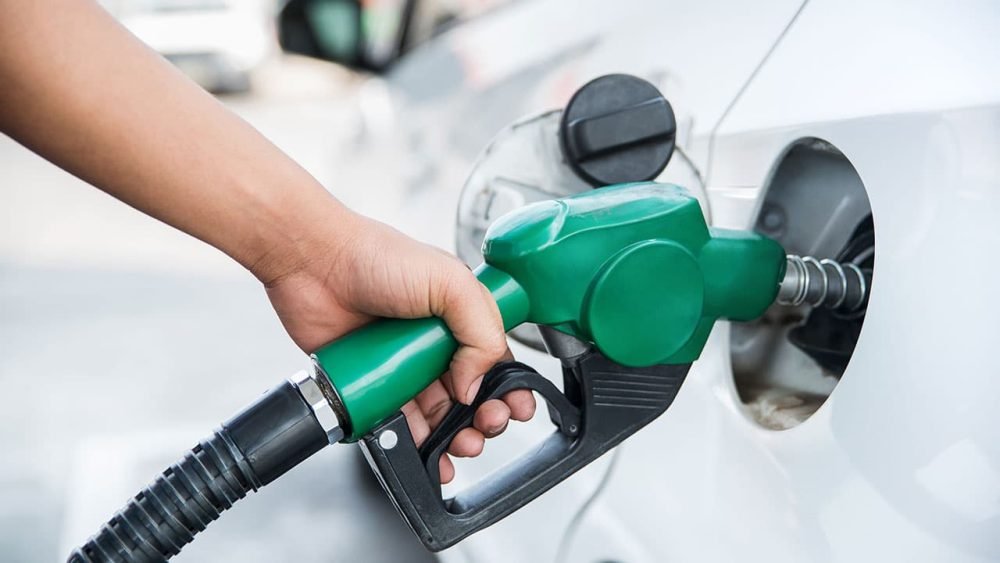The Oil Marketing Association of Pakistan (OMAP) has raised alarm over what it terms the “supply of substandard High-Speed Diesel (HSD) at premium prices,” calling on the Oil and Gas Regulatory Authority (OGRA) to urgently address the issue to safeguard public health, the environment, and consumer rights.
In a strongly worded letter sent to the Secretary of Petroleum on May 2, OMAP Chairman Tariq Wazir Ali criticized the recent OGRA policy that mandates Oil Marketing Companies (OMCs) to lift fuel from local refineries. The association claims this has led to the distribution of diesel that falls well below the Euro-V fuel quality standards officially adopted by Pakistan in 2021.
OMAP stated that while Euro-V standards cap sulfur content in diesel at 10 parts per million (PPM), some local refineries are producing diesel with sulfur levels as high as 10,000 PPM—1,000 times higher than permitted. The association expressed concern that this heavily polluted fuel is being sold at the same rate as high-quality imported diesel, misleading consumers and violating principles of fair pricing.
“Consumers across Pakistan are being charged for premium-grade fuel but are supplied with a product that damages their health, environment, and engines,” the letter stated, labeling the practice “economically unjustifiable and ethically indefensible.”
OMAP also provided data showing that while imported fuel contributed only 64 metric tons of sulfur during the 2023–2024 period, locally refined fuel added over 15,800 metric tons, highlighting the environmental risk.
The association warned that sulfur dioxide emissions from low-quality diesel contribute to acid rain, air pollution, and serious respiratory illnesses, including asthma and cancer. It further criticized the blending of high-sulfur local diesel with imported Euro-V diesel in the White Oil Pipeline system, saying it contaminates cleaner fuel supplies and misleads the public.
Despite enjoying over Rs. 500 billion in fiscal benefits through deemed duty mechanisms meant to encourage modernization, most local refineries have failed to upgrade to international standards, OMAP claimed.
To address the crisis, the association demanded that OGRA introduce a differentiated pricing mechanism based on fuel quality, mandate strict adherence to Euro-V standards by all refineries, ban the mixing of high- and low-sulfur fuels in distribution pipelines, ensure full transparency and traceability in the fuel supply chain.
OMAP urged the government to realign its policies with public health, environmental sustainability, and consumer protection in mind, warning that failure to act would further erode trust in regulatory institutions.










